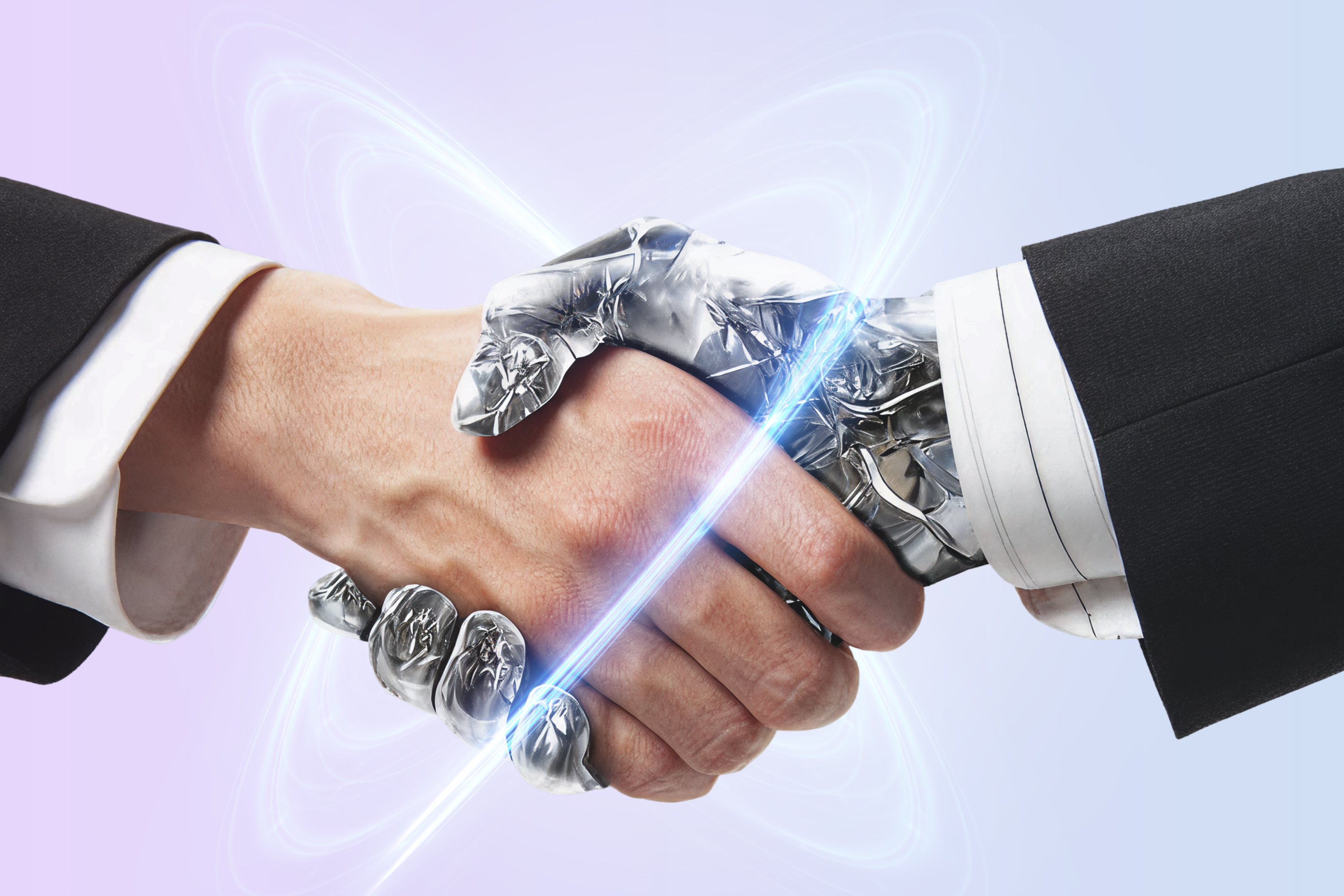
Share
Written by Ananya Mankoo, Junior Legal Specialist at Robin AI.
AI science fiction may be filled with stories about human replacement and domination, but the hard work of actual AI development has been about making our lives easier and transforming how we work.
Over the past few years, the rise of AI-powered digital software has been remarkable, with accessible options, often free, now available for everyone, from individuals and small businesses to world leaders and multinational corporations across various sectors. This technology has revolutionised how we collect and share information globally; the legal profession is no exception.
Generative AI technology, including tools like ChatGPT, Copilot, Claude and Gemini, has been a game-changer for legal teams, especially when accuracy, efficiency, and cost savings are crucial. AI tools have significantly enhanced document review, contract analysis, and legal research automation, enabling legal professionals to concentrate on more complex and strategic tasks.
The U.K. Solicitors Regulation Authority (SRA) reported that even before the explosion of generative AI, by the end of 2022 three-quarters of the largest law firms were utilising AI - nearly double the number from three years prior. At least 60% of large firms and a third of mid-sized firms were actively exploring the potential of AI.
There’s been no significant drop off in the number of practising lawyers throughout any of this wave of change. Rather than replacing us, AI acts as a tool that allows lawyers to devote more time to the human aspects of our roles, such as building client relationships and advocating for justice.
Here are a few reasons why I believe AI and legal professionals can not only coexist but also thrive together:
1. AI Automates Repetitive Tasks, Allowing Lawyers to Focus on Strategy
Legal professionals frequently invest countless hours (unless you’re the client!) in document review, contract analysis, and legal research tasks. Traditionally, these activities have been both time-consuming and labour-intensive. However, AI technology can swiftly analyse and extract essential information from legal documents, contracts, and case files, enabling lawyers to concentrate on higher-level tasks and strategic decision-making. This enhanced efficiency allows us to dedicate more time to high-value work, including client interactions, courtroom advocacy, and the development of legal strategies.
2. AI Improves Accuracy and Reduces Human Error
AI-driven legal tools leverage natural language processing (NLP) and machine learning to analyse legal documents precisely. While human oversight remains vital, specialized legal AI tools significantly reduce the risk of errors in contracts, case law research, and compliance checks, ultimately leading to more reliable legal outcomes. AI-assisted drafting tools aid lawyers in creating accurate and consistent legal documents, such as contracts, pleadings, and briefs. Using NLP and machine learning algorithms, these tools can suggest pertinent clauses, pinpoint potential inconsistencies, and ensure adherence to legal standards and industry best practices.
3. AI Enhances Efficiency
For example, generative AI tools can review extensive documents in minutes - tasks that might take hours or days without assistance. AI can identify inconsistencies, highlight relevant precedents, and extract insights from historical data, allowing us to focus on strategic decision-making. With AI's capability to process large volumes of data and recognise patterns, we can effectively reduce human errors and inconsistencies in legal work. By employing AI-powered tools, lawyers can ensure greater accuracy and consistency in their research, analysis, and drafting, thereby minimising the risk of costly mistakes. According to a LexisNexis survey, 71% of lawyers indicated that delivering work more quickly is a significant benefit of AI.
4. AI for Discovery
One common application of AI in law is during the electronic discovery (e-Discovery) process. When responding to a lawsuit or investigation, we often need to sift through massive amounts of electronically stored information (ESI), including emails, documents, databases, and social media content. AI-powered e-Discovery software streamlines this process, helping us efficiently identify relevant ESI through advanced algorithms, machine learning, process automation, and text analytics. These tools save valuable time, allowing us to focus on more strategic legal work.
AI can potentially transform the legal industry, impacting law firms, in-house counsel, legal operations, and law schools. The rise of generative AI suggests a future where it will be embedded in many aspects of legal work. AI will augment our daily tasks, seamlessly integrating with the tools we already use, such as word processing, time management, and communication platforms.
On a broader scale, AI will revolutionise legal service delivery. Legal teams that manage repetitive legal work will see significant efficiency improvements through AI automation. The era of spending excessive time on routine legal processes will soon be behind us.
AI will help us optimize nearly everything, from devising legal strategies to reviewing evidence and drafting briefs, allowing us to concentrate on our profession's more nuanced and high-value aspects. This shift will also create new opportunities for firms to scale and grow in previously unattainable ways.
Understandably, some junior lawyers, paralegals, and legal assistants may feel uneasy about AI's increasing presence.
By embracing it and helping to shape its development, they will be increasing their chances of a more meaningful, high-value legal career. Rather than spending time on monotonous and repetitive tasks, they can develop specialized expertise and contribute to strategic legal matters – experiences that typically take years to acquire.
In conclusion, AI is not here to replace lawyers but to empower us. By automating repetitive tasks, enhancing accuracy, and streamlining legal processes, AI allows us to dedicate more time to what truly matters: client relationships, advocacy, and complex legal reasoning.
While AI is transforming the legal landscape, the irreplaceable human elements including empathy, ethical judgment, and critical thinking remain firmly in our hands. The future of law is not a conflict between AI and lawyers; instead, it is a future where we leverage AI to build a more efficient, accessible, and innovative legal profession.
Sources:
4. https://www.thesolicitorscharity.org/article/ai-legal-work/
6. https://www.pinsentmasons.com/out-law/analysis/artificial-intelligence-growing-role-legal-sector









.webp)







